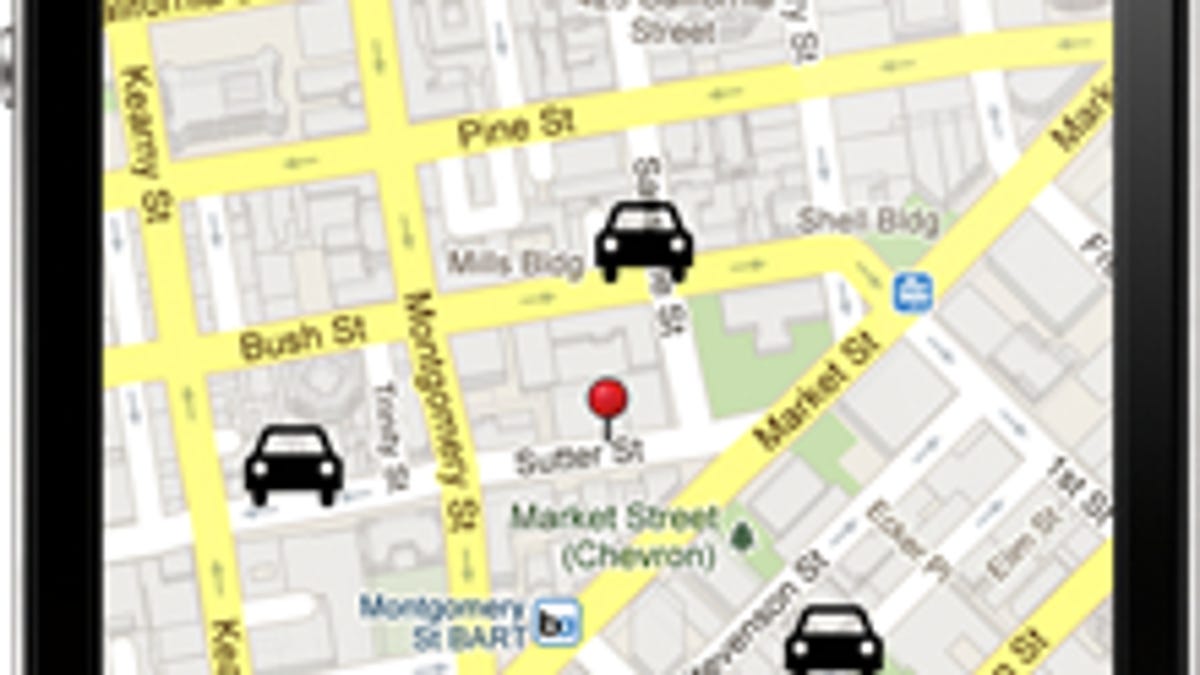Uber to take on Lyft, Sidecar with ridesharing service
Controversial car-summoning app Uber says it will roll out service in places where regulators aren't restricting already existing rideshare businesses.

Uber announced today that it plans to start ridesharing services where other companies, like Lyft and Sidecar, have already tested the waters.
"We've basically really shied away from it because in most cities there are pretty stiff citations, as well as, the potential for a criminal misdemeanor," CEO Travis Kalanick said during a press conference call.
The company emphasized that this was only a policy change and that it has not yet set dates for when it will start rolling out these services. Uber operates in 30 cities and the new ridesharing service would be a cheaper alternative to Uber's current black car service, according to Kalanick. He did not discuss pricing details.
Lawmakers have had mixed reactions to ridesharing services, which allows any person with a car, and insurance, to act as a taxi service through the assistance of an app. Sidecar said it has received cease and desist letters in Austin, Philadelphia and San Francisco. The kerfuffle has even lead to at least one lawsuit.
Uber, which takes plenty of heat from regulators already, said it will only go into the markets "where the regulators have tacitly approved doing so." Uber defines that as any place where "a competitor is operating for 30 days without direct enforcement against transportation providers."
The company has identified New York, Seattle, Chicago, Boston and California, as locations where officials are not aggressively enforcing regulations:
To their credit, the lack of enforcement shows at least some embrace of this kind of transportation innovation. But the lack of real clarity has created massive regulatory ambiguity. Without clear guidance or enforcement, this ambiguity has led to one-sided competition in which Uber has not engaged to its own disadvantage. It is this ambiguity which we are looking to address with Uber's new policy on ridesharing.
Kalanick said he thinks more companies will jump into the fray, so regulators, who seem to approve these types of services by allowing them to flourish, need to take it a step further by changing regulations.
"Before a bunch of companies start rolling out services, it should be up to the regulators to set the tone," he said.
Uber said it will tack an insurance policy of a minimum of $2 million to ridesharing trips and promises to do background checks on drivers.
Updated, 12:06 p.m. PT: Updated with comments from the press conference."

